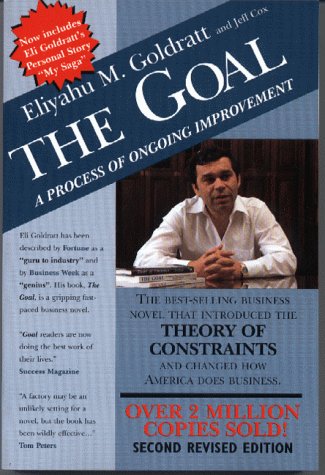Make it smaller - some practical experiences
January 21, 2015
One of the “clients” I work with right now is a hospital. We have tried to turn their performance around and they are improving immensely. In fact - I think they will be just fine. I did not think that just 4 months ago.
One of the things that we have talked with the management team about is trying to do smaller things often and act on the feedback we get from that. Nothing new … in software development or other lean practitioners, but in this setting. I hear eyelids popping open everyday.
How does that look? What have we done? Most of the work we have done has not directly with health care to do but rather change management and business in general. Very practical stuff mostly. In this post wanted to share two of our current projects (or Focus areas as we call them) where our approach made...
